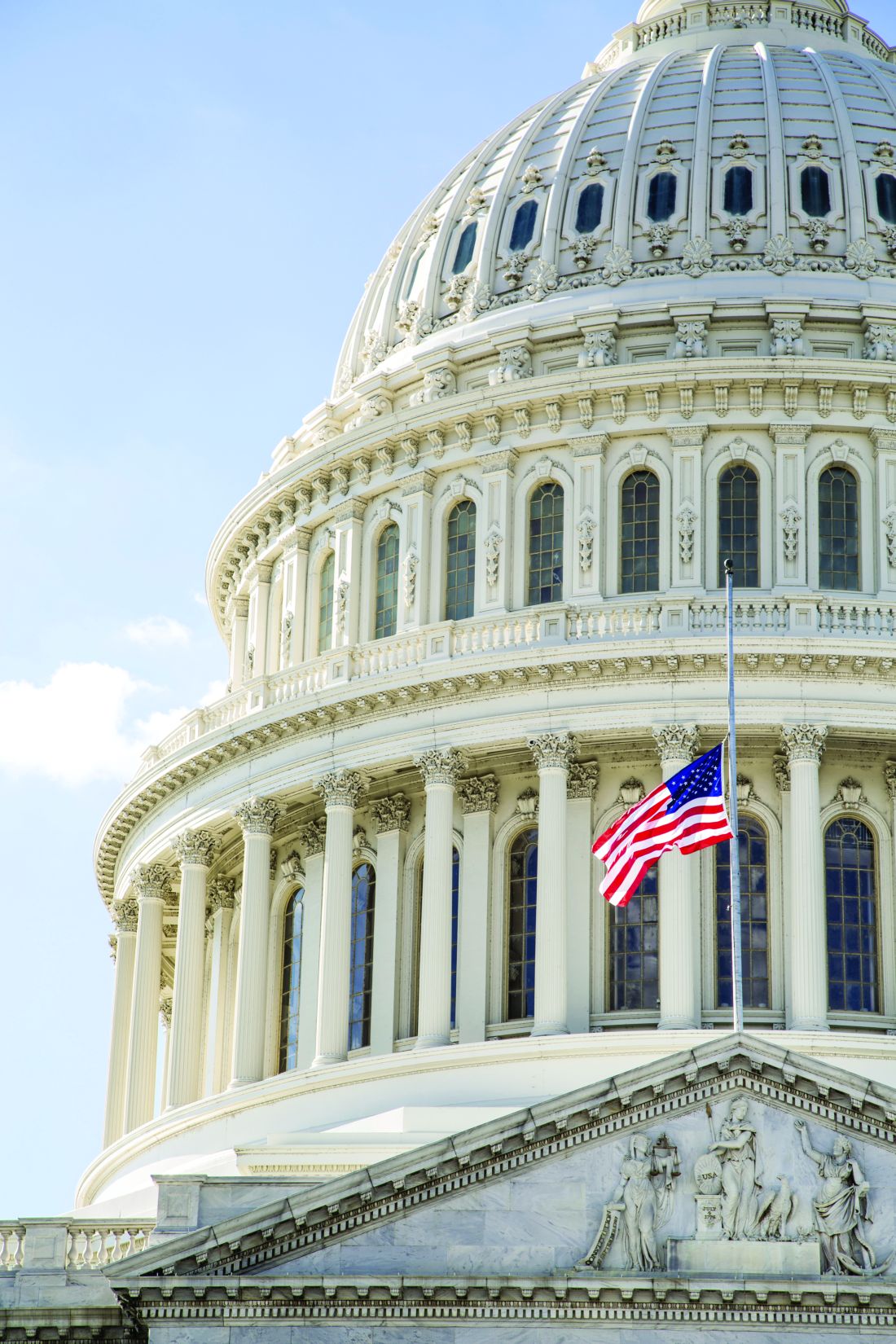User login
With little debate and less dissent, the Senate passed the 21st Century Cures bill and sent it to President Obama for his promised signature.
The legislation passed the House by an overwhelming 392-26 vote on Nov. 30. Key provisions of the bill (H.R. 34) include:
• Food and Drug Administration reforms, including expedited review for certain medical devices, streamlined review for drug/device combinations, and increased patient involvement in the drug approval process, with $500 million to implement the reforms.
• $4.8 billion over 10 years for key biomedical research efforts including the BRAIN Initiative, the Cancer Moonshot, and the Precision Medicine Initiative.
• $1 billion in grants to states over a 2-year period to help supplement opioid abuse prevention and treatment activities.
• Provisions to improve the interoperability of EHRs.
• Provisions to improve treatment of serious mental illness.
“This bipartisan legislation – which [Senate] Majority Leader Mitch McConnell [R-Ky.] has called ‘the most important legislation Congress will pass this year’ – will help us take advantage of the breathtaking advances in biomedical research and bring those innovations to doctors’ offices and patients’ medicine cabinets around the county,” Sen. Lamar Alexander (R-Tenn.), chair of the Senate Health, Education, Labor, and Pensions Committee, said in a statement.
“The most important prescription drug-related crisis facing our country right now is the skyrocketing price of prescription drugs. This bill does not even deal with that issue,” Sen. Sanders said on the Senate floor. “How can we talk about a bill dealing with the pharmaceutical industry without addressing the elephant in the room, which is the fact that we pay the highest prices in the world for medicine?”
In his weekly address on Dec. 3, President Obama promised to “sign [the bill] as soon as it reaches my desk.”
Gregory Twachtman contributed to this report.
[email protected]
On Twitter @denisefulton
With little debate and less dissent, the Senate passed the 21st Century Cures bill and sent it to President Obama for his promised signature.
The legislation passed the House by an overwhelming 392-26 vote on Nov. 30. Key provisions of the bill (H.R. 34) include:
• Food and Drug Administration reforms, including expedited review for certain medical devices, streamlined review for drug/device combinations, and increased patient involvement in the drug approval process, with $500 million to implement the reforms.
• $4.8 billion over 10 years for key biomedical research efforts including the BRAIN Initiative, the Cancer Moonshot, and the Precision Medicine Initiative.
• $1 billion in grants to states over a 2-year period to help supplement opioid abuse prevention and treatment activities.
• Provisions to improve the interoperability of EHRs.
• Provisions to improve treatment of serious mental illness.
“This bipartisan legislation – which [Senate] Majority Leader Mitch McConnell [R-Ky.] has called ‘the most important legislation Congress will pass this year’ – will help us take advantage of the breathtaking advances in biomedical research and bring those innovations to doctors’ offices and patients’ medicine cabinets around the county,” Sen. Lamar Alexander (R-Tenn.), chair of the Senate Health, Education, Labor, and Pensions Committee, said in a statement.
“The most important prescription drug-related crisis facing our country right now is the skyrocketing price of prescription drugs. This bill does not even deal with that issue,” Sen. Sanders said on the Senate floor. “How can we talk about a bill dealing with the pharmaceutical industry without addressing the elephant in the room, which is the fact that we pay the highest prices in the world for medicine?”
In his weekly address on Dec. 3, President Obama promised to “sign [the bill] as soon as it reaches my desk.”
Gregory Twachtman contributed to this report.
[email protected]
On Twitter @denisefulton
With little debate and less dissent, the Senate passed the 21st Century Cures bill and sent it to President Obama for his promised signature.
The legislation passed the House by an overwhelming 392-26 vote on Nov. 30. Key provisions of the bill (H.R. 34) include:
• Food and Drug Administration reforms, including expedited review for certain medical devices, streamlined review for drug/device combinations, and increased patient involvement in the drug approval process, with $500 million to implement the reforms.
• $4.8 billion over 10 years for key biomedical research efforts including the BRAIN Initiative, the Cancer Moonshot, and the Precision Medicine Initiative.
• $1 billion in grants to states over a 2-year period to help supplement opioid abuse prevention and treatment activities.
• Provisions to improve the interoperability of EHRs.
• Provisions to improve treatment of serious mental illness.
“This bipartisan legislation – which [Senate] Majority Leader Mitch McConnell [R-Ky.] has called ‘the most important legislation Congress will pass this year’ – will help us take advantage of the breathtaking advances in biomedical research and bring those innovations to doctors’ offices and patients’ medicine cabinets around the county,” Sen. Lamar Alexander (R-Tenn.), chair of the Senate Health, Education, Labor, and Pensions Committee, said in a statement.
“The most important prescription drug-related crisis facing our country right now is the skyrocketing price of prescription drugs. This bill does not even deal with that issue,” Sen. Sanders said on the Senate floor. “How can we talk about a bill dealing with the pharmaceutical industry without addressing the elephant in the room, which is the fact that we pay the highest prices in the world for medicine?”
In his weekly address on Dec. 3, President Obama promised to “sign [the bill] as soon as it reaches my desk.”
Gregory Twachtman contributed to this report.
[email protected]
On Twitter @denisefulton

